What Will It Take for Home Prices to Drop? The Real Reasons Behind the Skyrocketing Costs
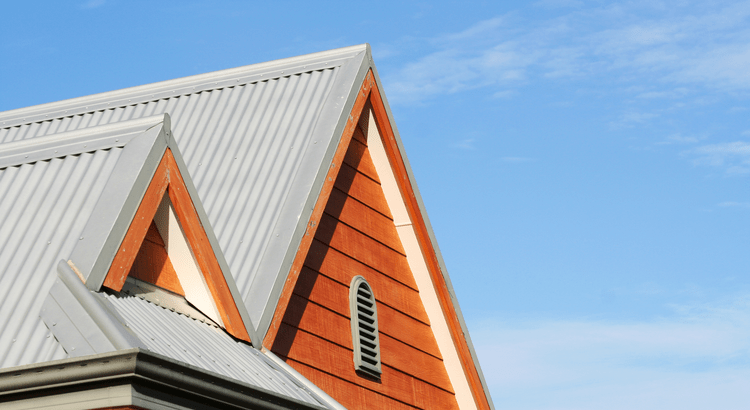
Are you wondering if home prices are finally going to crash anytime soon? It’s a question on the minds of many potential homebuyers who are holding out for a more affordable housing market. While some people are hoping for a dramatic dip, industry experts are saying the opposite. So, if you’ve been waiting for prices to plummet before making a move, you might be in for a surprise.
The truth is, the conditions that have caused home prices to rise aren’t going away anytime soon. To understand why, let’s break down the forces driving these price hikes—and why experts don’t expect a drastic drop in prices anytime soon.
Why Are Home Prices So High?
It all boils down to one simple economic principle: supply and demand. If there’s a high demand for homes but a limited supply, prices will naturally rise. This principle applies to pretty much every product or service, and real estate is no different.
At a national level, the U.S. is currently facing a housing shortage of millions of homes. The demand for homeownership far outpaces the available inventory, which is a major reason why home prices continue to climb.
David Childers, the President of Keeping Current Matters (KCM), explains it well: “The main driving force on pricing is the limited amount of inventory in most markets across the country. That issue is not going to be solved overnight or in the next twelve months.”
So, let’s take a closer look at why this shortage is such a big deal.
The Shortage: How Did We Get Here?
It’s important to understand that the current housing shortage didn’t happen overnight. In fact, it’s been building for over a decade. The 2008 housing crisis led to a dramatic slowdown in new home construction. Builders, overwhelmed by the fallout of the crisis, took a step back, and homebuilding rates didn’t recover until much later.
For the past 15 years, homebuilders have been unable to build enough homes to keep up with demand. Even though construction has picked up recently, it’s still playing catch-up. As a result, there aren’t enough homes on the market to satisfy the demand from buyers. According to AmericanProgress.org, the gap between housing demand and supply is still wide, and builders are struggling to make up for years of underbuilding.
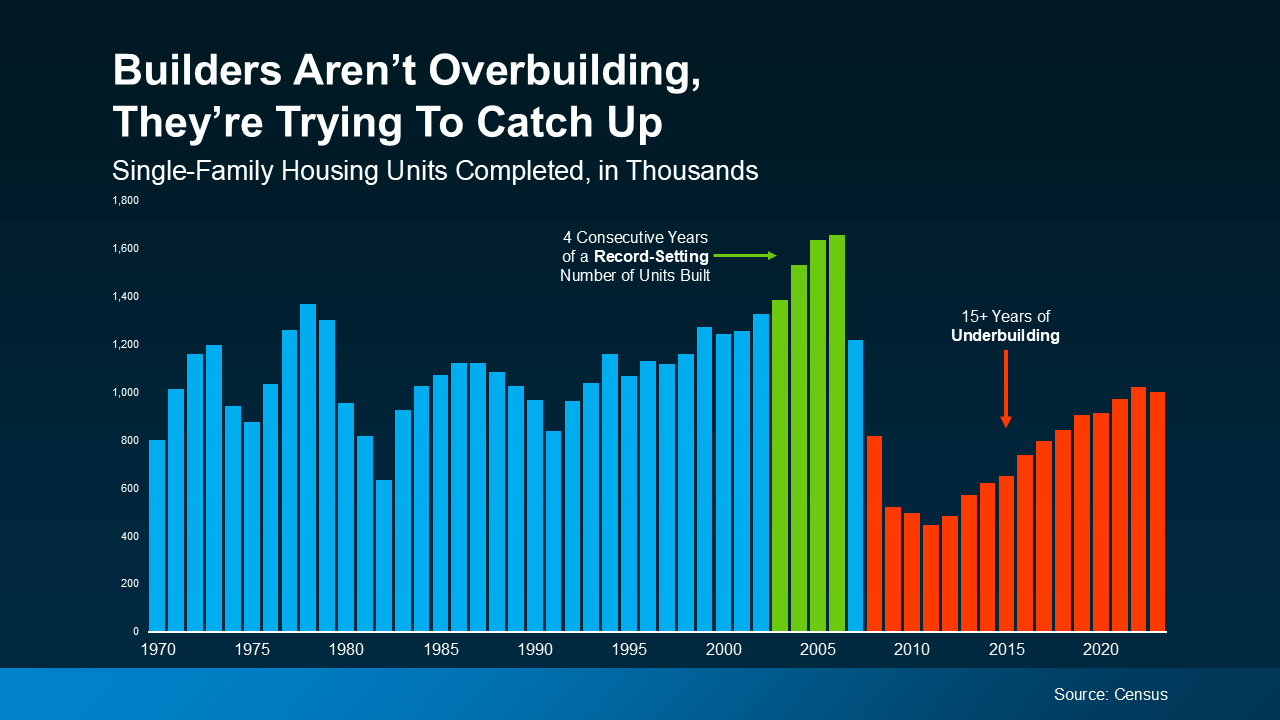
This shortage is a significant factor in why prices aren’t likely to fall in the near future. As long as the supply remains limited, it’s going to be hard for prices to come down, especially in competitive markets.
Will Home Prices Fall Next Year?
Looking ahead, most experts agree that home prices will continue to rise in the next year, although at a slower pace. But here's the twist: the real estate market varies significantly by location. What’s happening nationally might not be what’s going on in your area.
If your local market has more homes available for sale, prices might rise at a slower pace or even experience a slight decline. But in markets where inventory is still tight, prices will likely continue to climb. And unfortunately, that’s still the situation in most areas across the country.
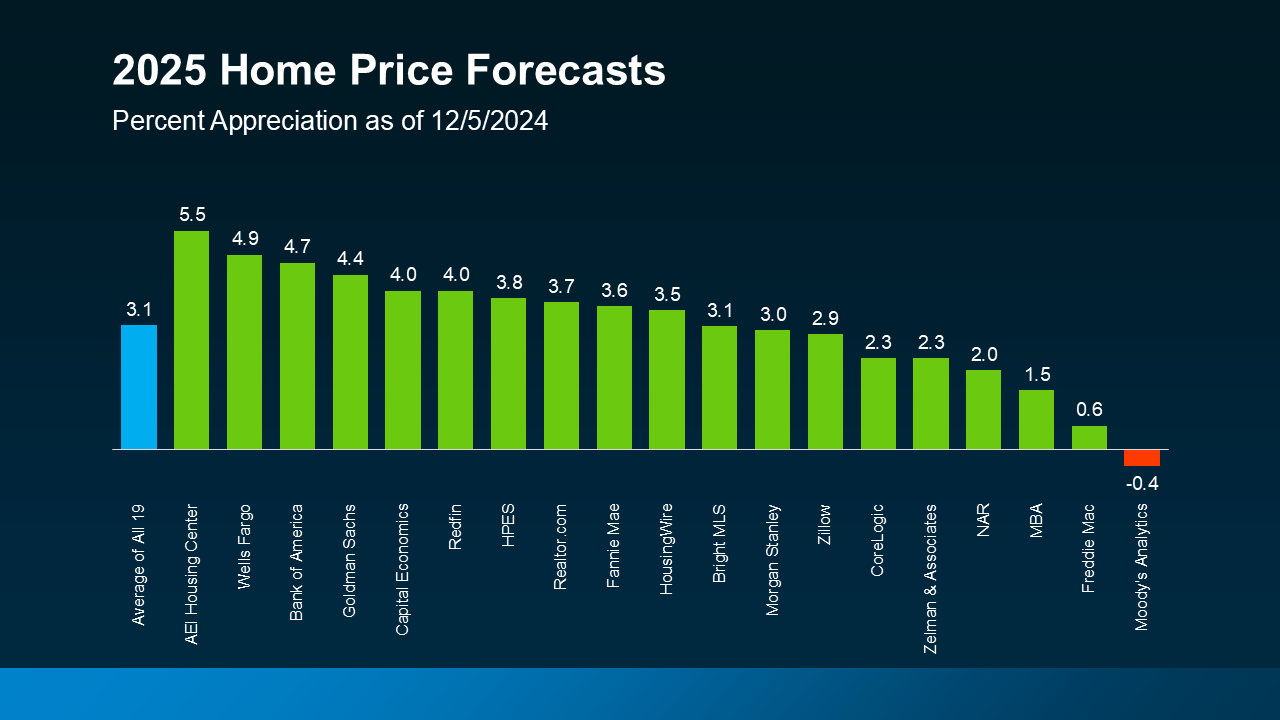
It’s essential to understand that real estate isn’t a one-size-fits-all scenario. While the national outlook might suggest prices will keep rising, local market conditions play a huge role in how prices behave. This is why it’s crucial to partner with a local real estate expert who understands your market inside and out.
The Supply and Demand Equation
The relationship between supply and demand is straightforward but powerful. If demand for homes exceeds the available supply, it will push prices up. Right now, there’s simply not enough inventory to meet the needs of prospective buyers. So, even if some people are hoping for a dramatic price drop, the current reality suggests that home prices will likely remain steady or continue to rise in most markets.
The lack of available homes creates a competitive environment. Buyers are often left bidding on a limited number of properties, which drives prices higher. For those hoping for a market crash, this dynamic doesn’t bode well.
What Can Be Done to Bring Prices Down?
In theory, prices could fall if the supply of homes increases significantly. However, that’s easier said than done. As mentioned earlier, homebuilders have struggled to keep up with demand for years. Even with increased construction efforts, it’s going to take time to close the gap.
Plus, even if builders manage to ramp up production, there are other factors to consider—such as labor shortages, rising construction costs, and zoning laws—that can complicate the process. For home prices to drop significantly, the supply of homes would need to rise dramatically while demand either stays steady or decreases.
Given the current market conditions, it’s unlikely that we’ll see this level of change anytime soon.
How Do Local Markets Affect Home Prices?
As mentioned earlier, the national housing market is not a uniform entity. While national trends provide a general outlook, the real estate market in your specific area may behave differently. In some cities, local economies, job growth, and other factors may play a role in influencing home prices.
For example, some areas with an influx of new residents—whether because of job opportunities, lifestyle preferences, or lower taxes—may see an even tighter supply of homes. In these regions, home prices could continue to rise faster than in other areas where demand is weaker.
If you’re looking to buy, it’s essential to work with a local real estate agent who can give you insights into your specific market. They’ll be able to help you understand the trends affecting your area and whether home prices are expected to continue rising or begin to stabilize.
The Bottom Line: What Will It Take for Prices to Drop?
So, what will it take for home prices to come down? The short answer is simple: more homes need to be built to meet the demand. Until builders can ramp up production to make up for the years of underbuilding, home prices are likely to stay high or continue to rise, especially in markets with limited inventory.
However, the good news is that home prices will likely increase at a slower and more sustainable pace over time. While it might not be the dramatic drop that many hope for, a gradual increase in availability and a slowdown in price hikes could offer a more balanced market in the future.
Navigating the Market: Your Next Steps
If you’re feeling unsure about whether to buy a home right now, it’s important to get the facts about your local market. By working with a knowledgeable real estate agent, you can gain insights into your specific market and make informed decisions. While the national market might seem daunting, your local expert will help you navigate the intricacies of the housing landscape in your area.
In the end, understanding supply and demand and staying updated on market trends will help you make the best decision for your situation. Don’t let the headlines about soaring prices discourage you—there are always opportunities in any market for those who know where to look.
Ready to explore what’s happening in your local real estate market? Let’s connect, and together we can chart the best path forward for your home buying goals!
Recent Posts


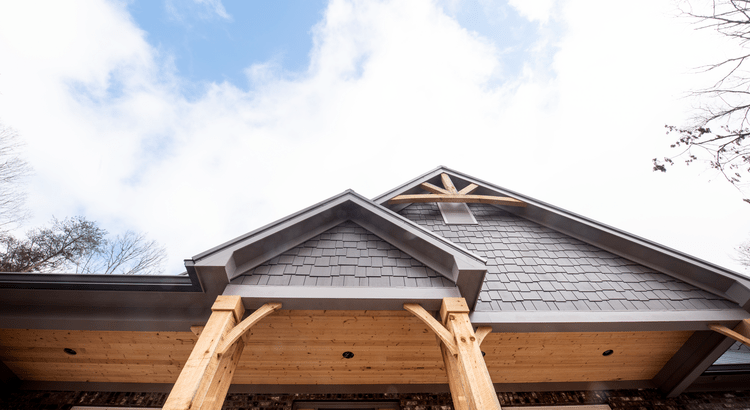






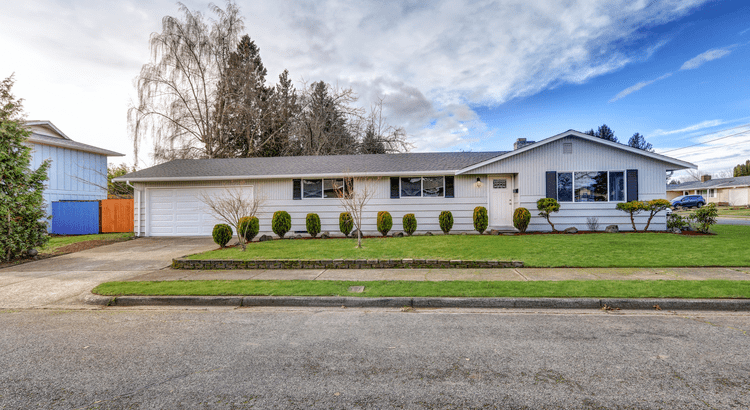
GET MORE INFORMATION
